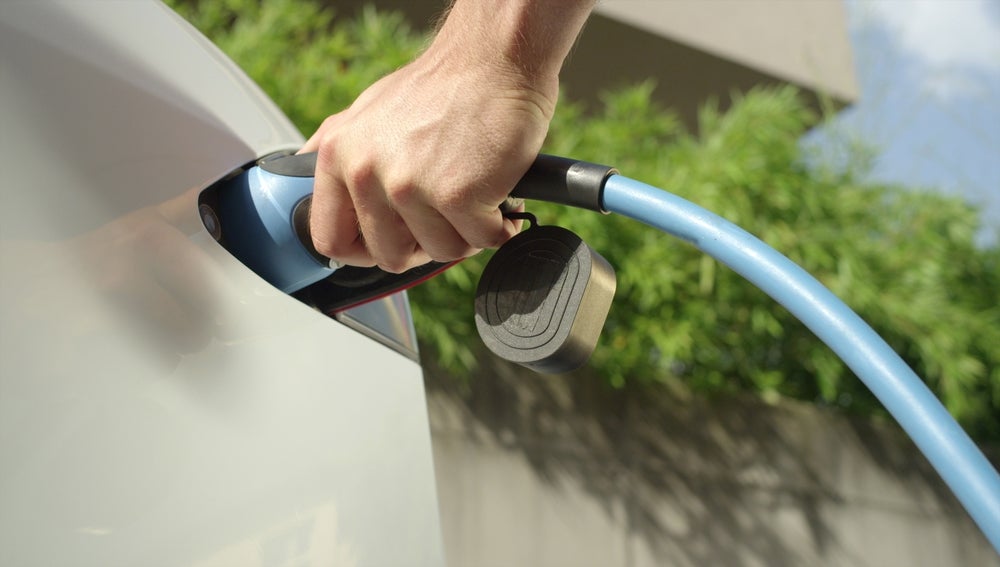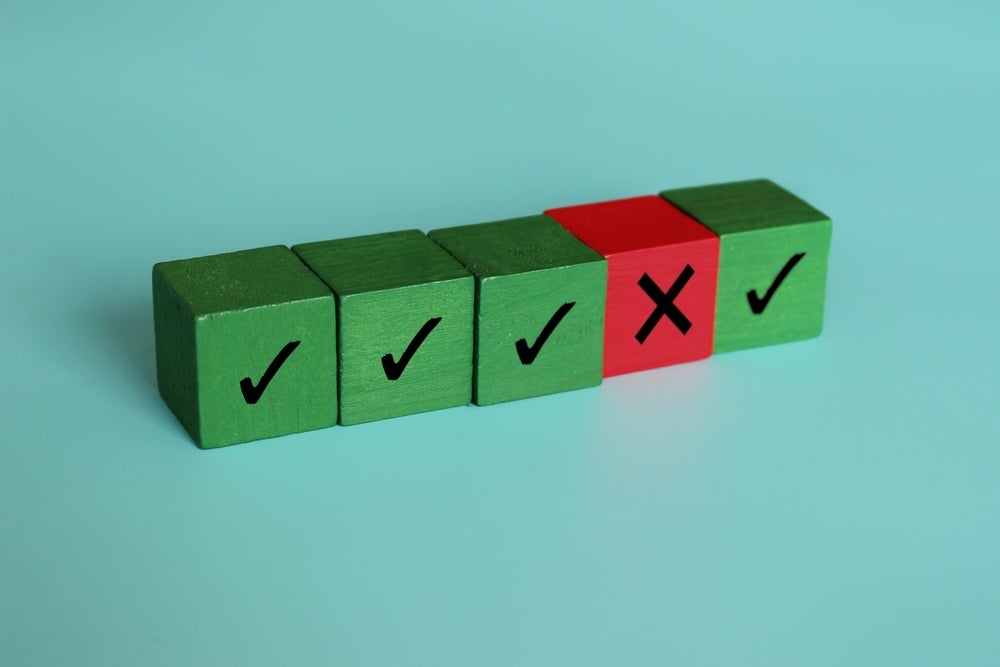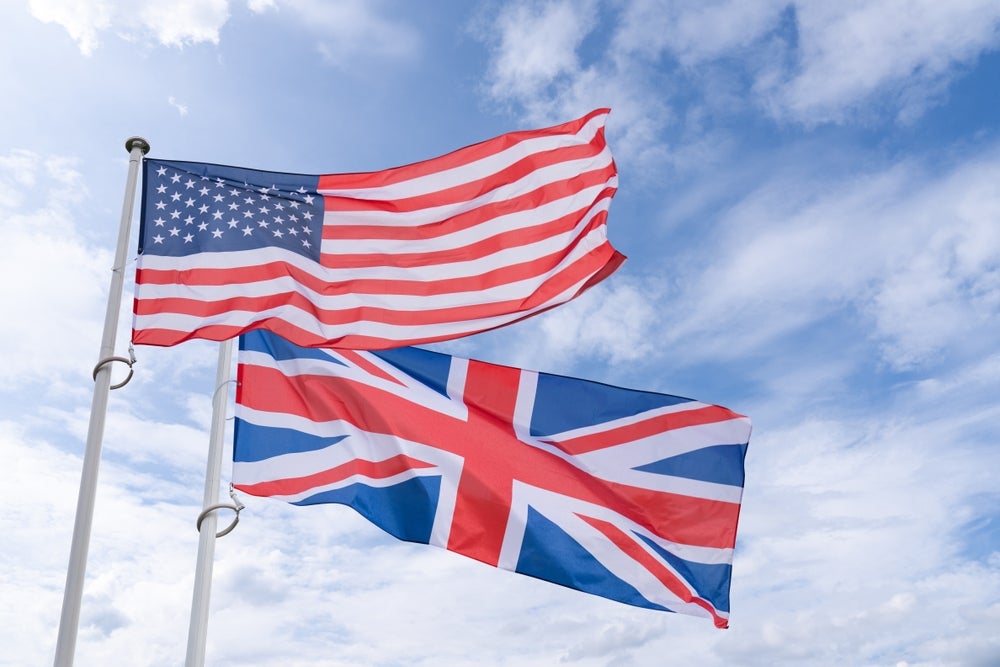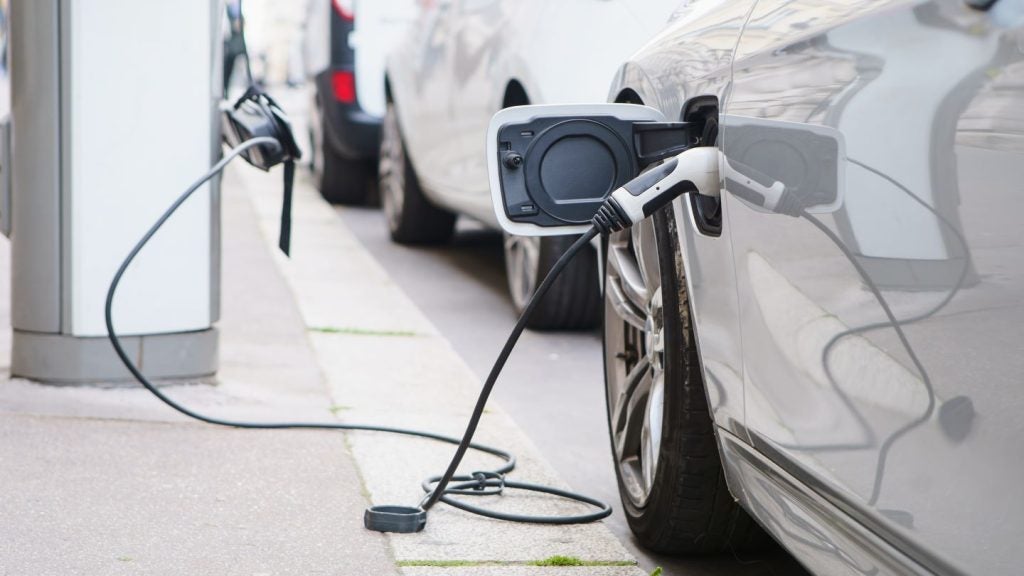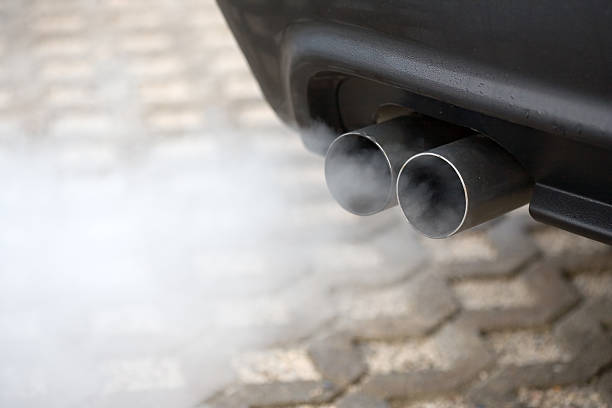
Paints and coatings provider AkzoNobel has reduced the CO2 output of its UK car fleet by 47% in 18 months with the help of Arval UK.
The company, which operates 359 cars and 266 vans, committed to the global target of halving corporate CO2 by 2030, while meeting demands for electric vehicles through its company car scheme.
AkzoNobel’s UK fleet manager, Karl Allward, said: “We knew that we needed to increasingly electrify the fleet in order to meet sustainability and colleague satisfaction objectives.
“However, we wanted to make this a relatively natural process over time, rather than suddenly stipulating that drivers should drive certain types of cars and vans. To meet these objectives, we turned to Arval UK to help us create a template for future action.”
Expanding plug-in car choices for drivers
Ben Edwards, consultant at Arval UK, aimed to integrate electric vehicle models onto the AkzoNobel choice list.
He said: “There was an aspiration to offer a strong selection of electric vehicles (EVs) and plug-in hybrids to drivers, alongside existing petrol and diesel options.
“This was not necessarily easy. The issue was that lease costs tend to be low for petrol and diesel cars while running costs are higher, whereas EVs and plug-in vehicles are more expensive to lease although comparatively economical to operate.
“The answer to this conundrum is to adopt a whole life cost approach, which has the advantage of providing an accurate overall view of fleet running costs, including servicing, maintenance, National Insurance and business fuel. This was a method that was adopted across the whole AkzoNobel fleet in order to create new car choice lists.”
‘Test and learn’ approach to electric van adoption
AkzoNobel had three electric vans on a trial basis using Arval’s Flex-EV, its electric mid-term rental product, to assess operational requirements in real-world conditions, using telematics to collect data.
Allward said: “We obviously need to electrify our light commercial vehicle fleet ahead of the 2030 government deadline, but as with cars, we want to adopt a gradual approach that will allow us to learn as much as possible over a period of time before adopting vans in quantity.
“Particularly, these vehicles are a good fit for our Dulux Decorator Centres, where they have localised delivery routes that are suitable for the range and payload eLCVs can offer today.”
The AkzoNobel car fleet now has 30 EVs, 52 hybrids and 40 plug-in hybrids, as well as an order bank of 138 vehicles, of which more than 90% are electrified.
Allward said: “Colleagues have really bought into the idea of electric vehicles. Many are using plug-in hybrids as a stepping stone to full electrification, but there is rapidly growing enthusiasm for EVs.
“We’re supporting the electrification process with chargers installed at our offices and plans to increase them at our stores. Additionally, we have new reimbursement measures in place that make it as easy as possible to reclaim for home charging costs, something that is essential in our view.
“Our objective has been to make choosing an electrified car as easy as possible for employees, and that very much seems to be working.”
Allward added although the electric van trials produced positive results, electric light commercial vehicle payloads tend to be heavy and that has a direct impact on range.
“Despite this, our experience so far has been relatively successful. We will be looking to add electric vans into lower-stress roles in the short-medium term, before looking to full electrification of the fleet towards the end of the decade.

US Tariffs are shifting - will you react or anticipate?
Don’t let policy changes catch you off guard. Stay proactive with real-time data and expert analysis.
By GlobalData“As with the car fleet, we believe it is best to make this a gradual process in order to minimise any operational impact. With all of these changes, it’s already been possible to reduce our car fleet’s CO2 emissions by 47% and we expect that reduction will continue over the coming months.”
Allward added: “Arval has been our fleet provider for many years, and we see them as trusted advisors and an extension of our business. We now feel in a positive place to face the next few years and I am sure will see continued growth in the electrified vehicle choices from our drivers.”



